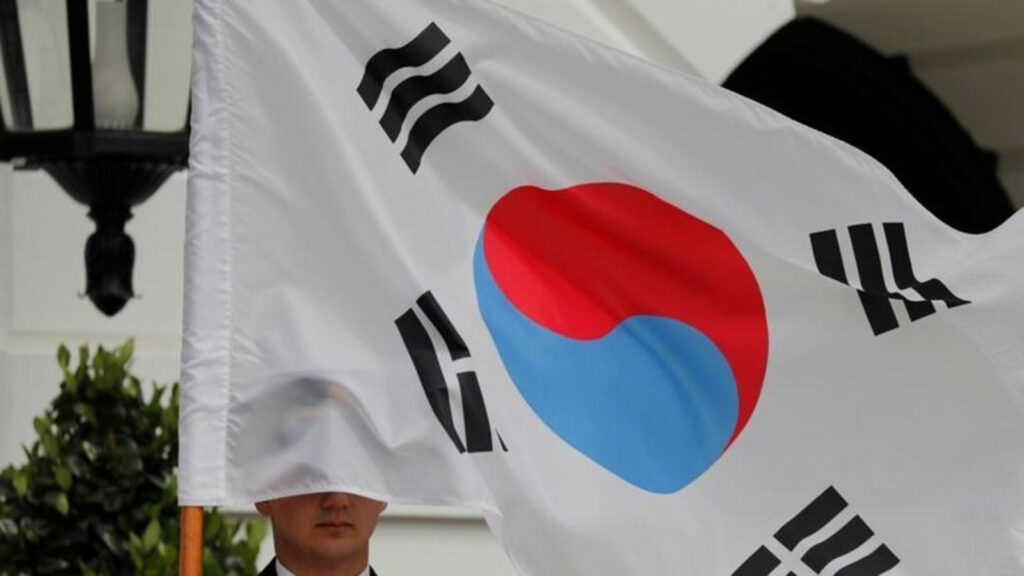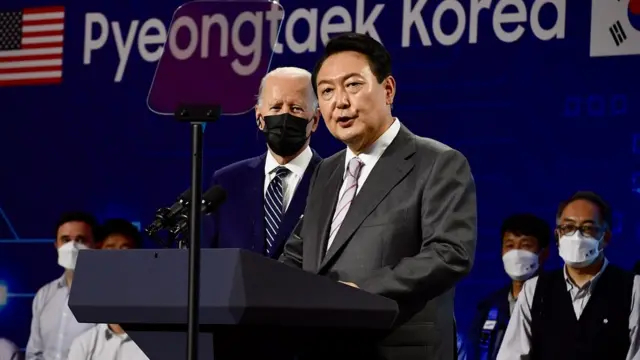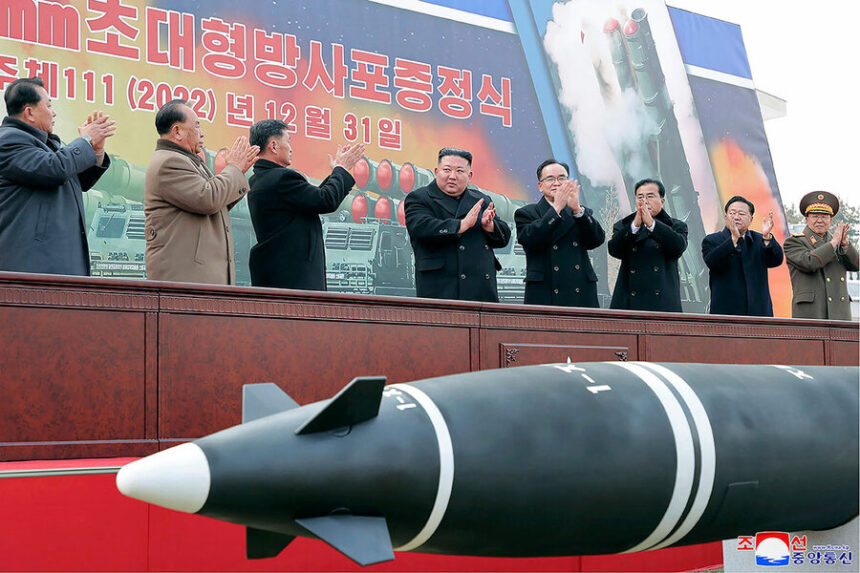The prospect of South Korea acquiring its nuclear arsenal is a topic that has become increasingly prominent in recent years. As North Korea continues to expand its nuclear capabilities and geopolitical tensions in the region intensify, the idea of South Korea developing its nuclear weapons is gaining traction among some South Koreans. This blog explores the potential implications of such a scenario, examining the political, military, and international consequences that could arise if South Korea were to pursue nuclear armament.
Historical Context and Current Dynamics
South Korea’s historical stance on nuclear weapons has been one of restraint, largely influenced by its alliance with the United States and its commitment to nonproliferation. After the Korean War, South Korea relied on the U.S. nuclear umbrella to safeguard its security against the threat from North Korea. The U.S. stationed nuclear weapons in South Korea until 1991, when they were withdrawn as part of a broader disarmament effort aimed at encouraging North Korea to abandon its nuclear ambitions.
However, despite decades of American assurances, North Korea’s nuclear program has only grown more sophisticated. Under Kim Jong-un, Pyongyang has conducted numerous nuclear tests, developed intercontinental ballistic missiles, and engaged in provocative actions, including reviving defense agreements with Russia. The growing nuclear threat from North Korea has led to a significant shift in South Korean public opinion. Many South Koreans are increasingly questioning whether the U.S. would honor its commitment to defend South Korea with nuclear weapons, especially given the evolving dynamics of U.S. politics and North Korea’s expanding capabilities.
Potential Implications of a South Korean Nuclear Arsenal

Regional Security Dynamics
If South Korea were to acquire nuclear weapons, it would significantly alter the security landscape in East Asia. The most immediate impact would be on the dynamics between North and South Korea. A South Korean nuclear arsenal could potentially act as a deterrent against North Korea’s aggressive actions, reducing the likelihood of direct military confrontation. However, it could also lead to an arms race in the region, prompting North Korea to accelerate its nuclear developments and potentially even sparking similar moves by other countries in the region, such as Japan or Taiwan.
The introduction of South Korean nuclear weapons would likely provoke strong reactions from neighboring countries, particularly China and Russia. Both nations have historically been wary of increased U.S. and allied military presence in the region and would likely view a South Korean nuclear program as a significant escalation. This could lead to heightened regional tensions and destabilize an already volatile area.
International Reactions and Diplomatic Consequences
The international community, especially the United States and its allies, would have to grapple with the implications of a nuclear-armed South Korea. The U.S., which has long been a proponent of nonproliferation, would face a dilemma. On one hand, it might view South Korea’s nuclear armament as a necessary step for regional stability and a counterbalance to North Korea’s growing capabilities. On the other hand, it would have to address the ramifications of global nonproliferation efforts and the potential for increased nuclear proliferation in other parts of the world.
South Korea’s pursuit of nuclear weapons could also strain its relations with key allies and international organizations. The country has been a strong supporter of the Treaty on the Non-Proliferation of Nuclear Weapons (NPT), and a shift towards developing its nuclear arsenal would contradict its previous commitments. This could lead to diplomatic isolation and affect South Korea’s standing in the international community.
Domestic and Political Challenges
The decision to pursue nuclear weapons would not be without significant domestic challenges for South Korea. Internally, the debate over nuclear armament would likely spark intense political and social discussions. South Korea has a history of political polarization, and the issue of nuclear weapons could exacerbate existing divisions. The ruling party’s stance on nuclear armament would be closely scrutinized, and opposition parties might use the issue to mobilize their base and criticize the government.
Additionally, the economic costs associated with developing and maintaining a nuclear arsenal would be substantial. South Korea would need to invest heavily in research, development, and infrastructure to support its nuclear program. This could divert resources away from other critical areas, such as social welfare and economic development, and could have long-term implications for the country’s economic stability.
Military and Strategic Considerations
From a military perspective, the acquisition of nuclear weapons by South Korea would necessitate a significant overhaul of its existing defense strategy. The country would need to develop and deploy a credible nuclear deterrent, including delivery systems and command and control infrastructure. This would require substantial investment and expertise, and South Korea would need to ensure that its nuclear capabilities are secure and reliable.
South Korea’s military strategy would also need to adapt to the new dynamics of nuclear deterrence. The presence of nuclear weapons would likely shift the balance of power in the region, requiring South Korea to rethink its approach to both conventional and nuclear warfare. The country’s defense posture would need to account for the potential risks and benefits of its nuclear capabilities and integrate them into its overall strategic framework.
Global Nonproliferation Efforts
South Korea’s decision to pursue nuclear weapons would have significant implications for global nonproliferation efforts. The NPT, which aims to prevent the spread of nuclear weapons and promote disarmament, could be undermined by South Korea’s actions. This could set a dangerous precedent for other countries considering nuclear proliferation, potentially leading to a cascade of new nuclear states and increasing the risk of nuclear conflict.
The international community would need to respond to South Korea’s nuclear ambitions with renewed efforts to strengthen nonproliferation agreements and address the underlying security concerns that drive countries to seek nuclear weapons. This could involve diplomatic initiatives, economic incentives, and security guarantees to address the root causes of proliferation and promote stability in the region.
Conclusion

The hypothetical scenario of South Korea acquiring nuclear weapons presents a complex and multifaceted challenge. The potential implications for regional security, international relations, domestic politics, military strategy, and global nonproliferation efforts are profound and far-reaching. While the prospect of a nuclear-armed South Korea could serve as a deterrent against North Korea’s aggressive actions, it also carries significant risks and uncertainties.
As South Korea navigates its security challenges and considers its future defense posture, it will need to weigh the potential benefits and drawbacks of pursuing nuclear weapons carefully. The decision would have lasting consequences for the country’s national security, regional stability, and its role in the international community.





